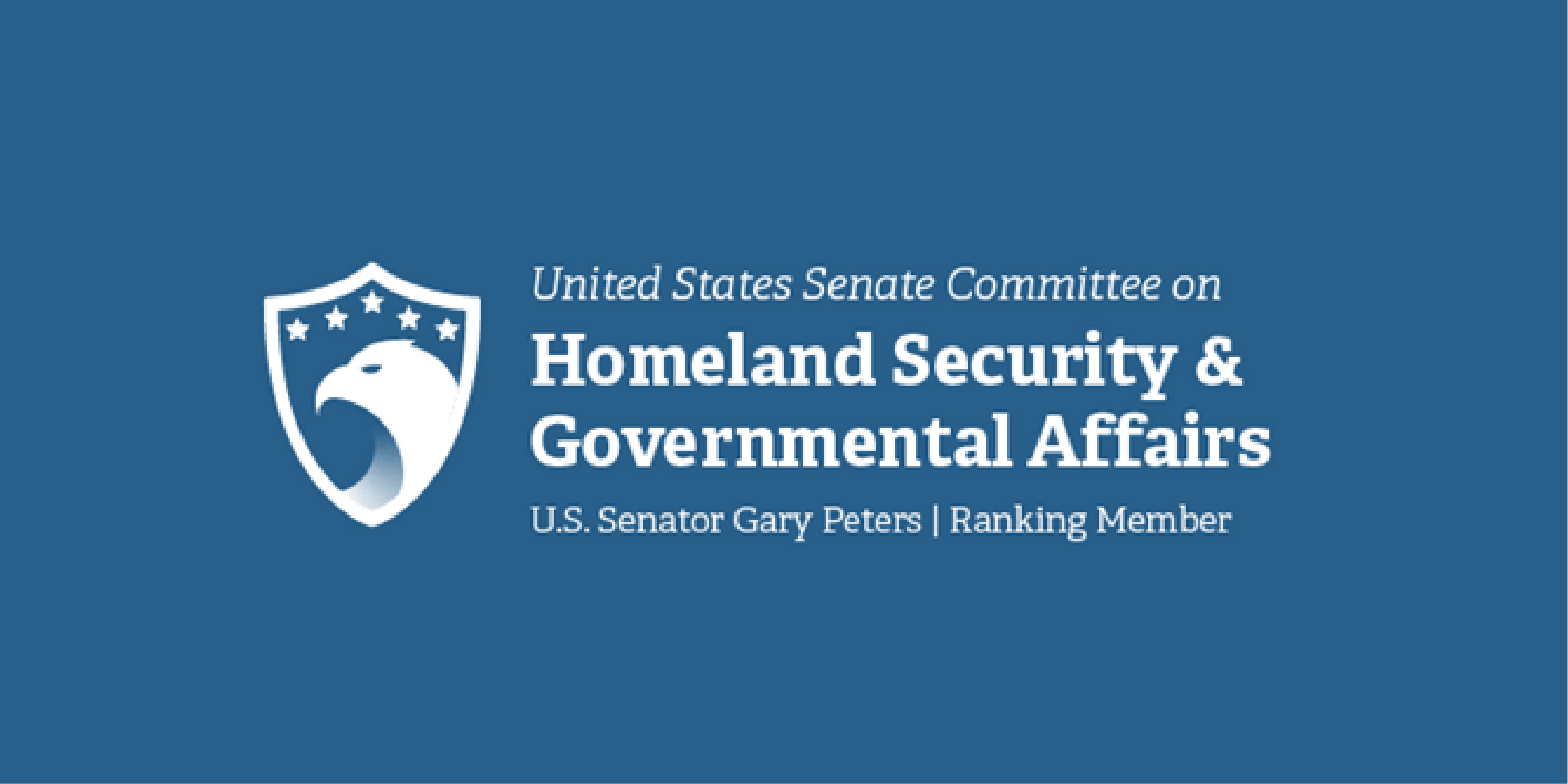
by Ensuring Public Buildings Utilize Energy-Efficient Lighting Passes Senate
WASHINGTON, D.C. – The Senate has passed bipartisan legislation authored by U.S. Senator Gary Peters (MI), Chairman of the Homeland Security and Governmental Affairs Committee, that would help save taxpayer dollars by directing the General Services Administration (GSA) to install the most life-cycle cost-effective and energy-efficient lighting in public buildings. The legislation now moves to the United States House of Representatives for consideration.
“By using more efficient lighting, the federal government can save taxpayer dollars in the long run by reducing its energy usage,” said Senator Peters. “This commonsense bipartisan bill will also ensure the government decreases its carbon footprint and helps combat climate change. Now that this bill has passed the Senate, I urge my colleagues in the House to pass it as soon as possible.”
The Bulb Replacement Improving Government with High-Efficiency Technology (BRIGHT) Act requires the GSA Administrator to ensure that public buildings are using the most life-cycle cost-effective and energy-efficient technology to the extent practicable when performing normal maintenance, altering, or constructing public buildings. The bill also requires GSA to issue guidance to federal agencies, and state, local and Tribal entities to further streamline efficiency and effectiveness across government. GSA previously released a series of reports that calculated that switching to LED lightbulbs would result in millions of dollars in cost-savings due to their superior lifespan and energy efficiency. Federal law does not currently require the government to maximize long-term cost and energy savings across lighting products.
Peters has led numerous efforts to ensure that taxpayer dollars are spent effectively and efficiently. He recently convened a hearing to ensure pandemic emergency relief funds have been effectively used to help Americans affected by COVID-19. Peters’ bipartisan bill to save taxpayer dollars by ensuring federal property assets are disaster-resilient has advanced in the Senate. As a part of the American Rescue Plan, Peters secured $1 billion for the Technology Modernization Fund to modernize federal government systems that deliver critical services, like unemployment insurance, to Americans. Peters’ provision to help save billions of federal taxpayer dollars by curbing erroneous payments to deceased individuals was signed into law last Congress. A law written by Peters to reduce duplicative software purchases called the MEGAByte Act has saved taxpayers more than $450 million since 2016.
###















